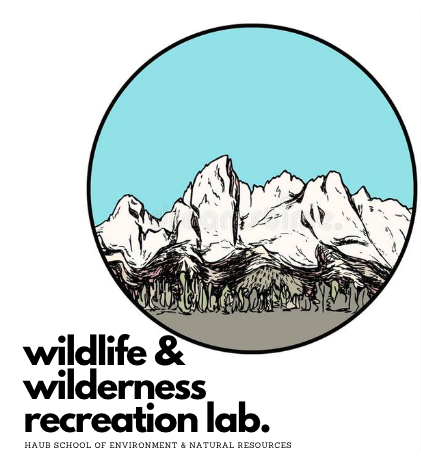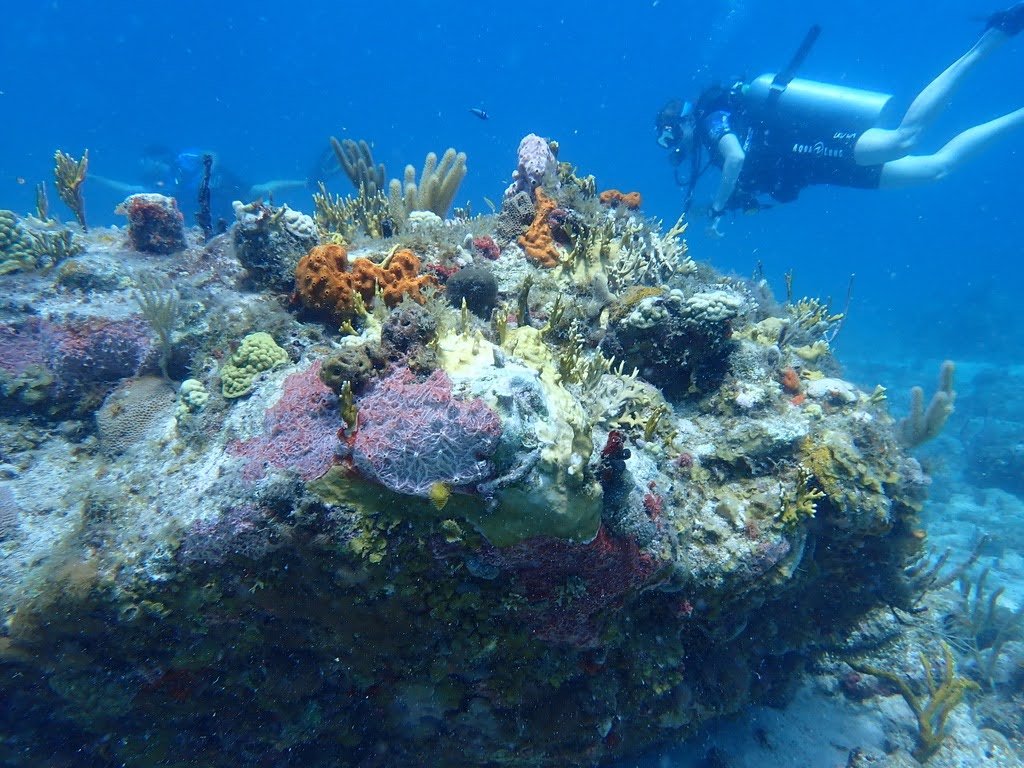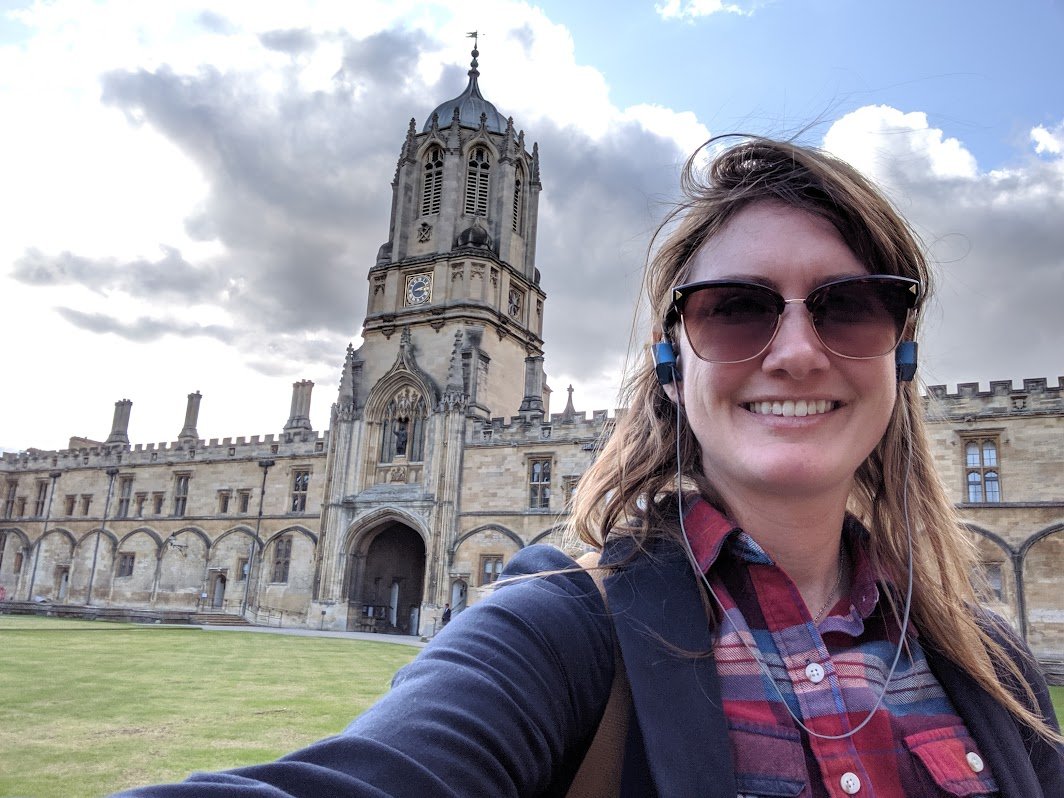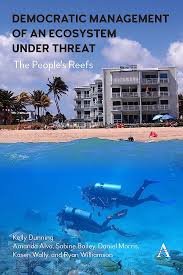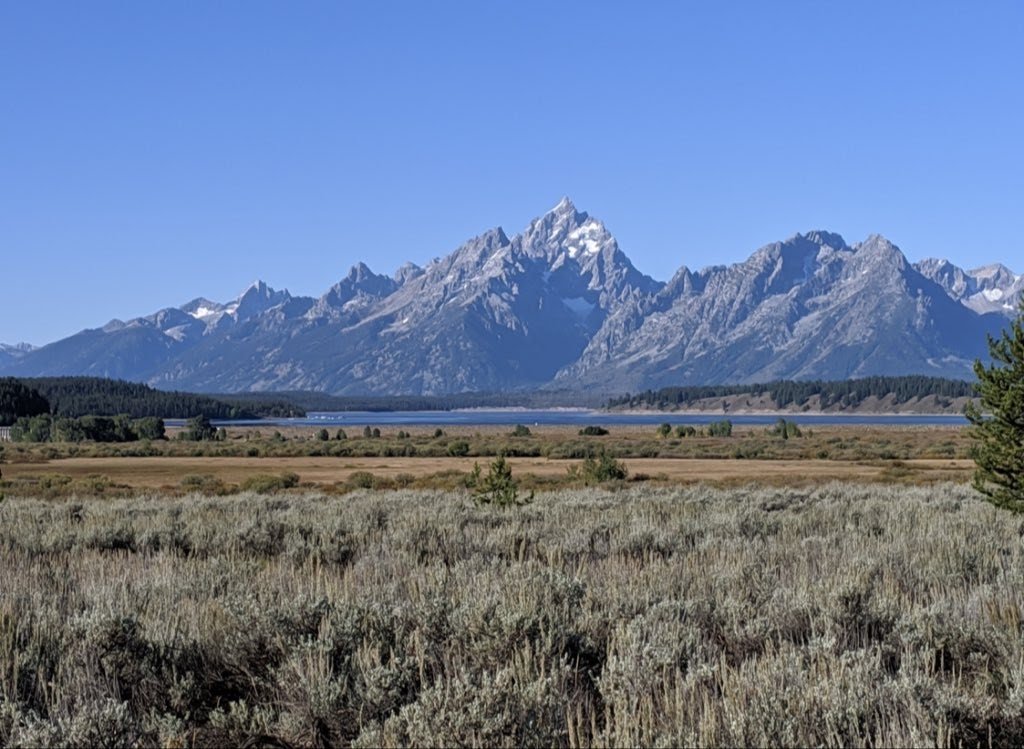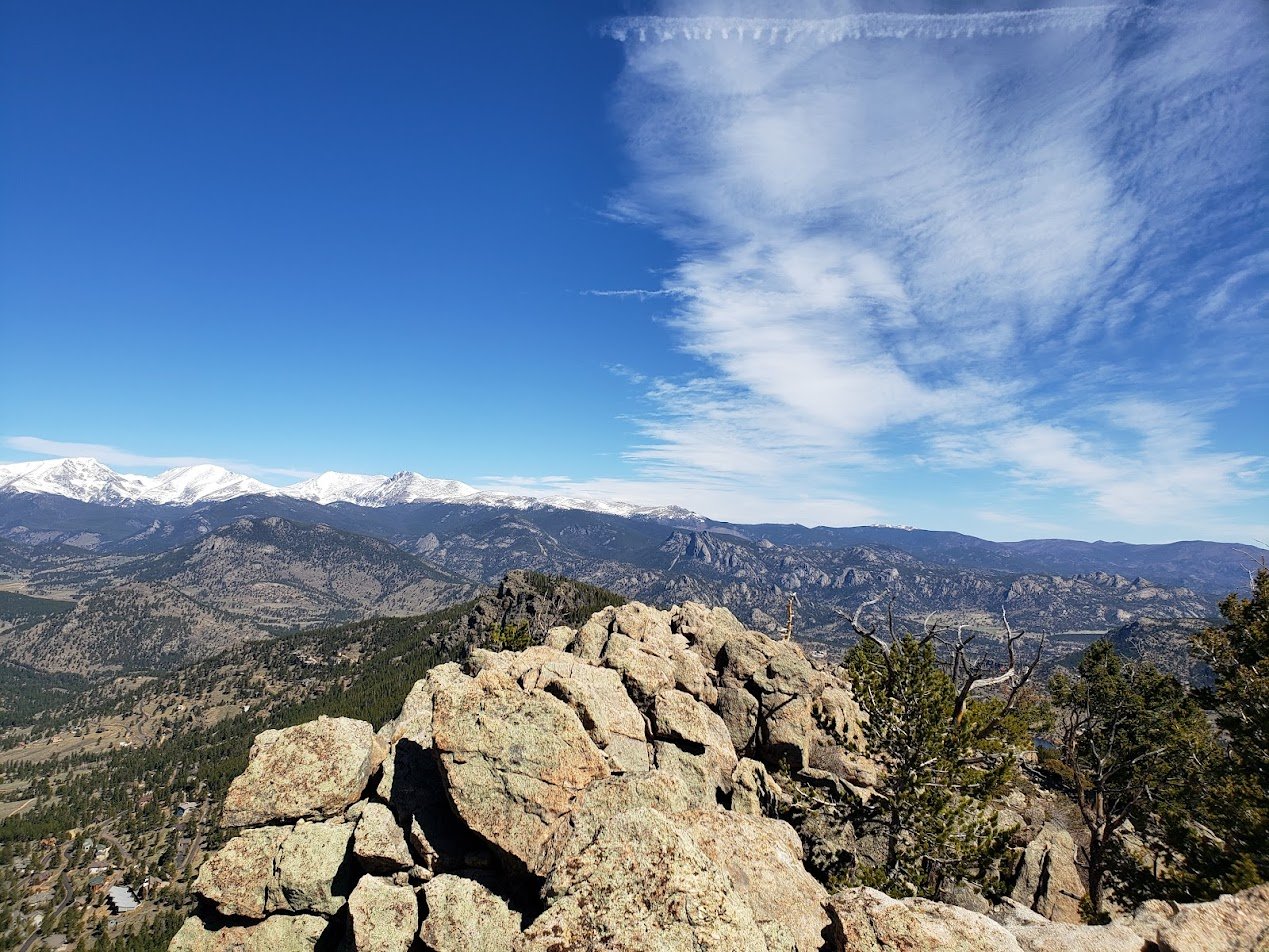
Scroll down for the latest from the lab
News
New papers!
April 2025
We have several new papers out in 2025! These include:
PhD student Jill Sower’s first PhD paper where, thanks to Sea Grant Funding we set up an Oyster Community of Practice engaging oyster stakeholders from commercial and recreational sectors to come together and link up with decision-makers to better steward oysters into the future. Read it here.
Dr. Kelly Dunning has a new collaborative paper out on mangrove conservation in Fiji, and how NGOs and local community preferences overlap. Read it here.
Thomas Moorman’s MS paper on red snapper management is out! He looks at how federal managers have handed off authority to states, and how this new management system is faring. His work was funded by NASEM. Read it here.
Hannah Henry’s MS paper has been published, looking at how anglers can make voluntary choices for tackle to protect sea turtles under the Endangered Species Act (ESA). This work was funded by a state agency partner and BP oil spill funds. Read it here!
30 minute Federal Grant Writing Crash Course for New Professors
New Paper out on multi-stakeholder mangrove conservation set in Fiji
December 2024
Our latest publication is out in Conservation Biology. We used multi-stakeholder methods to examine differences in mangrove conservation priorities at varying scales. PDF here.
MS Student Steelle Scearce attends The Wildlife Society (TWS) Conference through its Native Student Professional Development program
November 2024
Congrats to MS student Steelle Scearce for being awarded a funded trip to TWS 2024 through the Native Student Professional Development (NSPD) program. The lab appreciates this opportunity for our student making it another great year for The Wildlife Society conference! NSPD students were surrounded by support from previous recipients, mentors, and professionals that were invested in all 6 students, both personally and professionally. Students attended panels, workshops, and meetings to broaden their knowledge while also sharing their cultural insights. Steelle says some of the most compelling conversations were had over dinner, where students and mentors posed thoughtful questions that created a space of reflection and engagement. Steelle says she is grateful for the program, but even more grateful for the people who made it possible.
Wildlife & Wilderness Recreation Lab Awarded National Science Foundation Award
September 2024
PI Kelly Dunning was awarded a National Science Foundation Award with the Dynamics of Integrated Socio-Environmental Systems Program. The following text is from a University of Wyoming press release which can be viewed here.
A University of Wyoming professor has received a National Science Foundation (NSF) grant to study how projected environmental changes over the next four decades will impact trout fisheries in the Intermountain West -- as well as recreational anglers, tourism and the natural food supply.
Kelly Dunning, UW’s Timberline Professor of Sustainable Outdoor Recreation and Tourism, received the award for her project, “Rainbows on the Horizon: Understanding the Dynamics of Integrated Climate, River, Trout, Tourism and Policy Systems in the Mountain West.” The grant comes through NSF’s Dynamics of Integrated Socio-Environmental Systems program.
The $770,000 project is noteworthy for its interdisciplinary research looking at the relationships between snowpack, precipitation, hydrology, trout ecology and evolution, recreational fisheries livelihoods, and management policy for trout in Wyoming and Colorado.
“The goal is to understand how trout fisheries in the Intermountain West are impacted by a rapidly changing climate and how stakeholders and managers are reacting to these changes to better protect mountain trout fisheries and the bioeconomy that depends upon them,” Dunning says. “Trout are a flagship species, one of the most popular game fish in the United States, with immense value to tourism and livelihoods in rural communities. They also are expected to be the species most heavily impacted by climate change in mountain ecosystems.”
Dunning’s project will last three years and involve a large network of partners, including Assistant Professor Ryan Williamson, of UW’s Political Science Program; scientists at Auburn University; and NSF’s National Center for Atmospheric Research.
The study sites in Wyoming and Colorado include some of the most productive trout fisheries in the U.S. Computer modeling will use climate and water data to project changes in populations of native cutthroat trout, rainbow trout, brown trout and brook trout. Additionally, the project will include a survey of several thousand people asking whether changes to biodiversity will impact people’s willingness to fish -- and how changes to local fish may impact overall satisfaction with outdoor experiences and the use of trout for food.
The project also will ask decision-makers to play a role, including National Park Service and U.S. Forest Service managers, state game and fish agency scientists, and tribal leadership. These managers will co-create the questions about projected environmental changes over the next 40 years; how those changes will impact trout fisheries that characterize rivers and streams of the Intermountain West; and how those changes will affect recreational anglers, tourism and the natural food supply.
Ultimately, the project will engage decision-makers at the federal, state, local and tribal levels -- as well as nongovernmental organizations and outfitters -- regarding how changes in climate, biodiversity and public preferences on outdoor recreation can be met with changes to public policy and collaborative management.
Steelle Stevens Scearce awarded place in Native Student Professional Development Program from the Wildlife Society!
MS Student Steelle Stevens Scearce has been chosen to participate in the 2024 Native Student Professional Development Program (NSPD) sponsored by The Wildlife Society (TWS). Steelle will join a cohort of 9 other individuals from across the United States that will attend the 2024 TWS annual conference in Baltimore, MD. Along with conference registration and travel funding, Steelle will also receive a one-year membership to TWS and The Native People’s Wildlife Management Working Group (NPWMWG), a stipend for trainings and books, and engagement with TWS leadership. Steelle is honored to receive this award and is “grateful to have the opportunity to represent her tribe in higher education and to integrate traditional knowledge with modern scientific approaches.” TWS annual conference is the largest gathering of wildlife professionals in North America, and The NPWMWG is composed of wildlife professionals and students, both tribal and non-tribal, and aims to recognize native peoples’ cultural, spiritual, and biological connections to the land.
Steelle Stevens Scearce named Outstanding Graduate Student Awardee at the University of Wyoming
June 2024
Steelle Stevens Scearce has been named a 2024-2026 MS Distinguished Graduate Scholar (DGS). The DGS Program is the highest merit award at the University of Wyoming and focuses on recruiting and mentoring exceptional scholars whose strengths have been demonstrated and enhanced by overcoming adversity. The DGS Program is a full-ride scholarship that aims to build a community in which scholars with diverse perspectives, abilities, and experiences can learn and collaborate. Steelle is honored to receive this award and states, “being selected as a Distinguished Graduate Scholar is a testament to my community. Without the support of my family, friends, colleagues, and advisors I would not be where I am today. I am eternally grateful for the investments folks have made throughout my personal and academic journey, wado!”
Dunning National Science Foundation National Center for Atmospheric Research (NSF-NCAR) Explorer Series Lecture posted
August 2024
If you’re interested in viewing Dr. Kelly Dunning’s NSF-NCAR Explorer Series Lecture titled “When the Lobsters March North” the Youtube link is here, and the Longmont Public Media link is here. Thanks to everyone who helped make this possible!
Dunning concludes global book tour 2024
Summer 2024
Wildlife and Wilderness Recreation Lab Principal Investigator Kelly Dunning would like to thank colleagues in the U.S. and the European Union for hosting her on her most recent book tour. Dunning’s latest book, co-authored by graduate students and colleagues is titled The People’s Reefs: Democratic Management of an Ecosystem Under Threat. The book tour led to seminars in Oxford, Bern, Gothenburg, Paris, Munich, Prague, Bremen, and Rome. The final lecture will be part of the National Science Foundation (NSF) National Center for Atmospheric Research (NCAR) Explorer series on July 23rd at the NCAR Mesa Lab in Boulder, Colorado in Dunning’s home state. Special thanks to the publisher, Anthem Press, for their support. To read more about Dunning’s book, please see this feature from the University of Wyoming. The book discusses ways that coral reef managers can include communities that rely on reefs. When regular people are a part of conservation, versus an afterthought, conservation measures work more effectively. Social movements are becoming more important as a way to demand urgent action to protect global coral reefs from damages done by some of the world’s biggest companies. This book catalogues these efforts and others using cases from Florida and the wider Caribbean. Before this, Dunning published a book in 2018 titled Managing Coral Reefs on the immense role that local communities play in reef protection in developing countries in the Southeast Asian context. This role will only increase as we counter the effects of climate change.
Recruiting for a funded MS studying Visitor Experiences in Capitol Reef National Park in Utah
June 7, 2024
Do you want to get paid to study how to make Western national parks a better experience for a diverse range of visitors? Fully funded MS available, start date August 2024. Please review the job ad here. Apply today as we review applications on a rolling basis.
MS Student Catherine Cummings wins Wild Sheep Foundation Award
May 2024-
MS student Catherine Cummings has been awarded 2024 The Life Membership Fund Scholarship from the Wild Sheep Foundation. This scholarship is awarded to one graduate student per year, and Catherine was selected based on her ongoing research related to the impacts of chronic wasting disease on hunting and conservation.
Catherine will travel to the Wild Sheep Foundation’s national convention, the Sheep Show in Reno, Nevada in January 2025 to serve as a keynote speaker. Additionally, she will assist with running the Youth Wildlife Conservation Experience, which is a three day event that includes students being bused in to learn about the outdoors and wildlife conservation.
The Wild Sheep Foundation is a conservation organization that is dedicated to enhancing wild sheep populations, promoting scientific wildlife management, educating the public and youth on sustainable use, and the conservation benefits of hunting while promoting the interest of the hunter. Wild Sheep Foundation is an organization that stands out for its remarkable contributions to wildlife conservation, raising over $6.5 million last year at the Sheep Show.
Erik Olsen Named Student Veteran Fellow
April 2024—Erik Olsen is the Wildlife and Wilderness Lab Student Veteran Fellow. His research project will look at the impacts of wild pigs to federal public land like national parks. Wild pigs are responsible for millions of dollars in damage impacting outdoor recreation all over the world. Erik’s research will examine ways federal land managers can eliminate the problems caused by invasive species. His research is partially funded by a generous grant from the Wyoming Outdoor Recreation Tourism and Hospitality Initiative (WORTH). Erik has been a Haub School of Environment and Natural Resources Outdoor Recreation and Tourism Management (ORTM) major at the University of Wyoming for the past 4 years. He has been honing his leadership and service skills with his minor in military science and a second minor in business. Growing up Erik was in the Boy Scouts of America which is where he found his love for the outdoors. Continuing on his outdoor journey Erik served his community as an ocean rescue lifeguard with 36 career saves over the course of 4 years on the coast of New Jersey. Erik then enlisted in the U.S. army and joined the 297th infantry unit soon after. Through time and experience he has become a team leader in his unit and has traveled all over the U.S. for training.
MS Alumnus Amanda Alva has published her first author paper
March 2024—Congratulations to MS alum Amanda Alva, who is currently working as a contractor for the National Oceanic and Atmospheric Administration as a coral reef social scientist. Amanda has published her first author journal article on how, when, and why Congress acts on coral reef conservation policy.
New Publication! MS Alumnus Kasen Wally’s Research Published
March 2024—The Florida Reef Tract is one of the largest barrier reefs in the world, but its management is nearly as complex as the ecosystem itself. Kasen’s manuscript is the first study to unpack the many organizations responsible for stewarding the ecosystem in its current state as a novel ecosystem, defined as an ecosystem which has undergone many human caused changes.
Wyoming Hunting and Fishing Symposium
March 7, 2024
The Wildlife & Wilderness Recreation lab will be tabling at the Wyoming Hunting & Fishing Symposium held in Riverton, Wyoming on April 6th. This event will bring together interested stakeholders from the hunting, management, research and tribal communities to discuss hunting and fishing in Wyoming.
MS Student Hannah Henry Awarded 2024 ESA Graduate Student Policy Award
March 7, 2024
We are thrilled to announce that Hannah Henry has been selected as a recipient of the esteemed Katherine S. McCarter Graduate Student Policy Award (GSPA). This highly competitive award offers graduate students a unique opportunity to delve into the realm of science policy, providing invaluable experiences that bridge the gap between scientific research and public policy.
As the recipient of the GSPA, Hannah will journey to Washington, DC, where she will engage in hands-on training and gain firsthand experience in navigating the landscape of science policy on Capitol Hill during the 2024 Congressional Visits Day. Throughout the program, she will interact with influential decision-makers, including congressional policymakers and federal agency officials. Moreover, Hannah will partake in intensive policy and communications training, equipping her with the necessary skills to effectively advocate for federal investments in the biological and ecological sciences.
Reflecting on this remarkable opportunity, Hannah shares her enthusiasm, stating, "Receiving the Katherine S. McCarter Graduate Student Policy Award is an incredible honor and a pivotal moment in my academic journey. This immersive experience will undoubtedly broaden my understanding of science policy and its impact on society. I am eager to leverage the knowledge and skills gained from this program to contribute meaningfully to the intersection of science and policy, advancing critical initiatives in my field and beyond."
As Hannah prepares to embark on this transformative experience, we extend our heartfelt congratulations and wish her the very best in her endeavors. We have no doubt that she will represent our lab with distinction and make significant strides in her career aspirations.
MS student Hannah Henry joins the National Center for Atmospheric Research (NCAR) Bridge to Graduate Visitor Program (GVP)!
We are thrilled to share that Hannah Henry was selected for the Bridge to GVP Program, a unique opportunity offered by NSF NCAR's Advanced Study Program.
About the Bridge to GVP Program
The Bridge to GVP Program is a 1-month mentored hybrid internship at NSF NCAR, where Hannah will collaborate with internship coordinators and distinguished NSF NCAR scientists. This tailored program allows Hannah to immerse herself in cutting-edge research, participate in NCAR activities, and work on a project aligned with her research interests.
Key Features of the Program:
Mentorship: Collaborating closely with NSF NCAR scientists and engineers will provide Hannah with invaluable guidance, contributing to their academic and research growth.
Networking Opportunities: Engaging with fellow Bridge to GVP Program participants, GVP fellows, and interns at NSF NCAR opens doors to lasting connections within the scientific community.
Career Development: Exploring NCAR science and delving into career development topics will be instrumental in shaping Hannah's long-term projects associated with their graduate work.
The Bridge to GVP Program is more than an internship; it's a bridge between Hannah's academic aspirations and real-world research experiences. This opportunity not only enriches her academic journey but also sets the stage for a promising future in atmospheric and Earth system sciences. Hannah is eager to contribute to the scientific community through this transformative experience.
APPLICATIONS NOW CLOSED
Hiring 2 funded MS positions in big game hunting in Wyoming
The Wildlife & Wilderness Recreation Lab is hiring! We have funds to support 2 MS students working on public policy of big game hunting in Wyoming. Please see the job description below or download the description here:
2 MS Graduate Research Assistantships in Human Dimensions of Big Game Hunting, University of Wyoming
Location: Laramie, WY, with regional travel within the state for fieldwork beginning summer 2024
Overview: Dr. Kelly Dunning is recruiting two Master of Science (MS) students to join the Wildlife & Wilderness Recreation Lab in the Haub School of Environment and Natural Resources at the University of Wyoming.
The Wildlife & Wilderness Recreation Lab works on sustainable nature-based tourism, hunting and fishing, and outdoor recreation issues in Wyoming and the Intermountain West. Our research focuses on public policy of wildlife, recreation, and natural resources making our research practical and impactful to resource management. The MS students will work in an interdisciplinary way to study public participation in shaping big game hunting regulations in Wyoming, and examine decision-making structures for governing wildlife. Students will have interdisciplinary opportunities to provide support to the Wildlife & Wilderness Recreation Lab as needed (please see: wildlifewildernessrecreationlab.org). Our lab has experience working with students of diverse backgrounds, veterans, and non-conventional students, and all are welcome to apply.
Duties: The Graduate Research Assistant will focus on one of the project areas described below as part of their master’s thesis. Current project areas include: (1) surveying Wyoming hunters and members of the public about willingness to be involved in shaping big game hunting regulations; (2) developing a framework for wildlife management by game and fish commissions in Wyoming and elsewhere; (3) interviewing Wyoming hunters and wildlife decisions-makers about decision-making processes; and (4) contributing to a new book project on the politics of Western and international wildlife as they relate to tourism and recreation.
Ideal candidates for this position will possess outstanding written and oral communication skills, an interest in big game hunting, and a willingness to write research independently.
Candidates should have experience 1) working as part of a team on wildlife or environmental politics and policy in the United States or similar topics, 2) conducting research or outreach in natural or social science. Students with prior work experience in sectors like service or retail are encouraged to list these experiences on their resume as well as it demonstrates independence and ability to work with the public. Candidates should have an interest in communities of the Intermountain West, experience or appreciation for big game hunting and related livelihoods, and a desire to work with diverse stakeholder groups. Candidates should show in their cover letter examples of their ability to work independently. Preferred candidates will have experience with 1) wildlife science or social science such as political science/public policy/economics, 2) Wyoming or Intermountain West conservation efforts, 3) statistical analysis, 4) social science methods/surveys/human dimensions/interview methodologies, 5) scientific or academic writing. Students must possess a valid drivers license and be willing and able to conduct field work in rural communities that may require significant time spent outdoors and in nature.
Start Date: Due to the nature of the grant, the student must be available to begin working in Wyoming on May 22, 2024 (summer semester) and possess a valid drivers license.
End Date: An MS in the Wildlife & Wilderness Recreation Lab requires 5 semesters of field work and courses ending at the conclusion of Fall term 2025. Dunning provides close supervision and career planning support to ensure completion on time.
Degree information: The candidate(s) selected will pursue their MS degree in Environment, Natural Resources & Society within the Haub School of Environment and Natural Resources. A funded MS covers 9 credits of tuition and fees during the fall/spring semesters and student health insurance.
Qualifications: Preference will be given to applicants with interest and/or experience in big game hunting, Western conservation issues, wildlife management, and/or interdisciplinary research. Applicants who have a BA or BS in any field will be considered, with preference given to social science, wildlife science, natural resources, political science, business, or interdisciplinary fields. Applicants must have an undergraduate GPA of 3.0 or higher. Standardized test scores (e.g., GRE) are not required. Candidates from backgrounds underrepresented in higher education, conservation, and other natural resource fields are especially encouraged to apply. Veterans and dependents are encouraged to apply. Formal application to the graduate program at the Haub School at the University of Wyoming is required subsequent to selection of the successful candidate(s).
Questions: Questions may be asked about the vacancy to Kelly Dunning via email, but all relevant information needed to apply to the vacancies is included in the above description. Due to the extremely high volume of interest of previous MS positions in the lab, feedback on individual applications is not possible.
Funding Package: $17,100 annual stipend, tuition, and health insurance
Application Deadline: Feb 15, 2024 at 5 p.m. MST, Apply early as review of applications will be on a rolling basis, and positions like this are often filled before the closing date.
How to apply: Please send the following materials as one PDF document to Dr. Kelly Dunning at kelly.dunning@uwyo.edu with the subject “Your Name MS Position”. This packet should include:
(1) Cover letter/narrative (roughly 2-3 pages) that explains your relevant skills and experience identifying specific requirements outlined in this position description, why you want to study at the Haub School, career goals, and your ability to work independently.
(2) Resume or CV including degree(s) earned, GPA, and contact information for at least three references
(3) an unofficial copy of your transcript
Next steps: Finalists may be asked for a short writing sample and a possible interview in February 2024.
Brand New Research!
NEW PAPER JUST PUBLISHED BY MS ALUMNUS AMANDA ALVA ON DARK SKY PARKS & DARK SKY CONSERVATION
Alva and colleagues found that dark sky conservation is beginning to gain popularity, with most domestic dark sky protections occurring in the American West through unique arrangements called dark sky parks.
NEW PAPER PUBLISHED BY MS CANDIDATE IN THE AU DEER LAB TRAVIS STOAKLEY
Slide for Advisory Board Meeting
Slides for the Wildlife & Wilderness Recreation Lab for the 2023 Outdoor Recreation and Tourism Management advisory board meeting
Wild Turkey Science Podcast
Lab director Kelly Dunning appeared on nationally renowned podcast Wild Turkey Science hosted by Dr. Will Gulsby and Dr. Marcus Lashley. The episode talks about one of the most popular game species in the world: the Eastern wild turkey, and how its management in 50 states is different, complicated, yet important for hunters to engage with. Turkey hunting tourism is a major economic development strategy for rural communities and it inspires conservation of turkey habitat. Link to the episode is here:
Part 1: https://www.youtube.com/watch?v=f2cIMmmpCv8&themeRefresh=1
Part 2: https://www.youtube.com/watch?v=o4vN4F2Pw7w
New open access paper!
Former MS student and current NOAA Digital Coast Fellow Sabine Bailey just had her second peer reviewed, lead author paper published in Frontiers Marine Science. A link to the paper is here. The study looks at a dispute between two coalitions: one supporting a major port development and the other arguing that the disturbance to coral reefs is too high of a cost compared to the benefits of more tourism.
